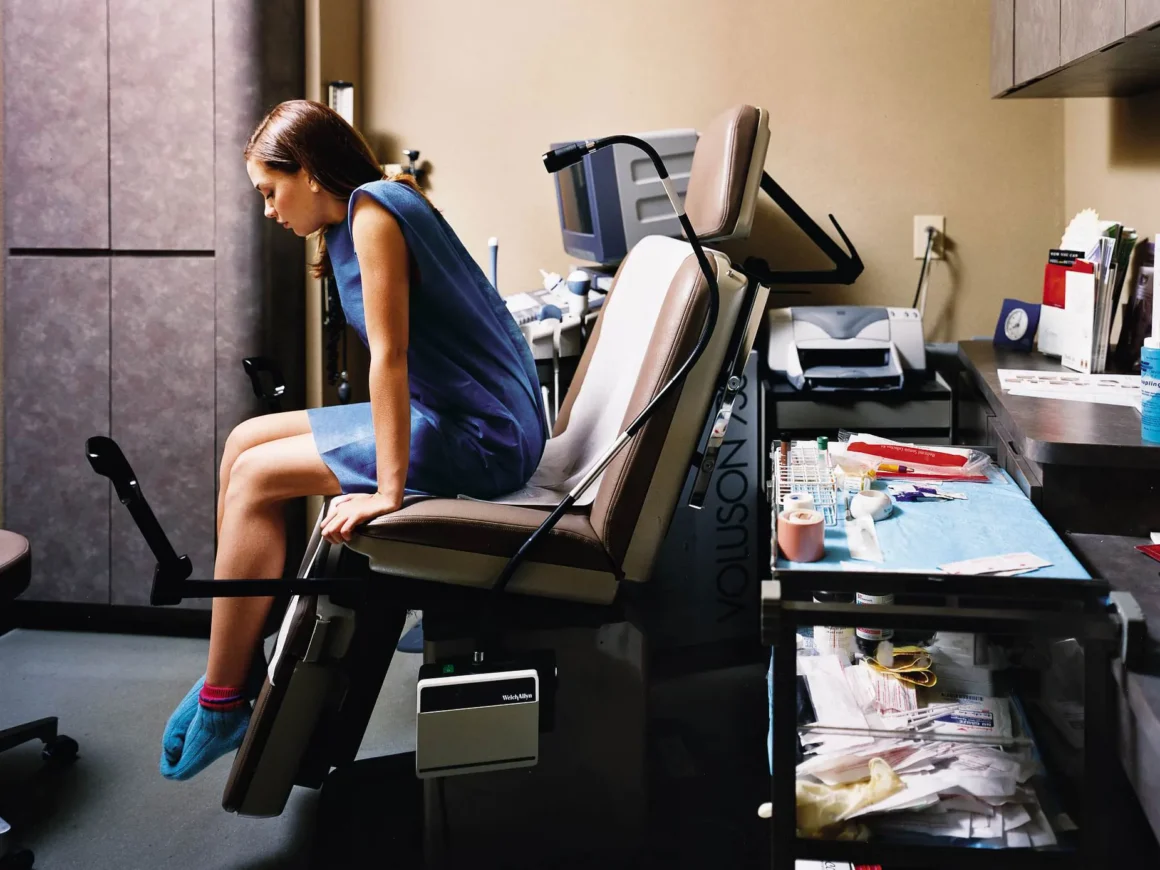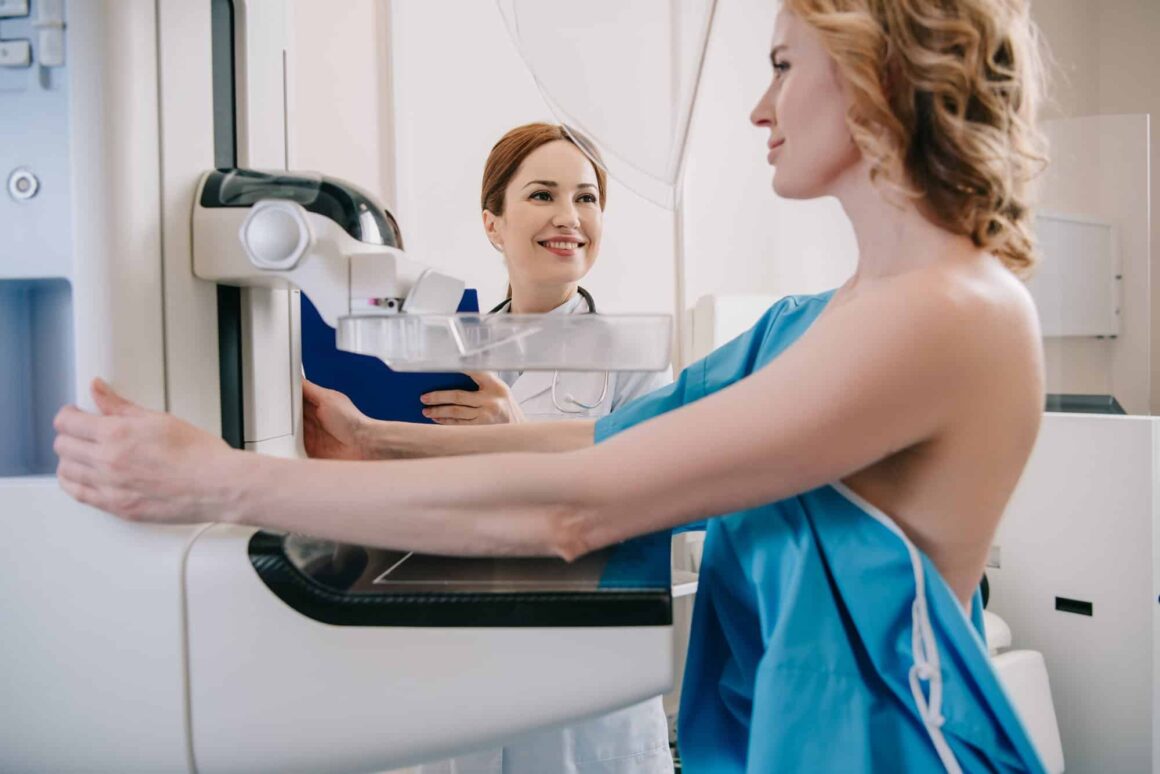An annual gynecological exam is an essential aspect of preventive health care. Unfortunately, most women still fail to have yearly gynecological exams despite warnings from leading medical organizations. As a result, thousands of women lose their lives each year. It is essential to see your Fair Oaks OBGYN specialist routinely, not only when you have a problem. Your healthcare provider is likely to find a problem through an annual exam.
As a woman, you should be aware of diseases such as cervical, breast, and ovarian cancer, which may not present symptoms in the beginning. Earlier detection of such illnesses increases the chances of survival and reduces your treatment costs.
At what age should annual gynecological exams begin?

Specialists recommend gynecological exams for women around age 15. However, pelvic exams are rarely required during these first visits, but an annual exam helps build a doctor-patient relationship. They offer a chance for women to ask questions about their development, including the menstrual cycle and how to protect against sexually transmitted infections. Providers may also educate women about planned parenting which often involves birth control methods.
Gynecologists recommend an annual Pap smear for women aged 21 years and older. Most women equate having a Pap smear to having a yearly exam, but screening for cervical cancer is only one small exam component. You should have gynecological exams yearly, whether or not you are due for a Pap test. Avoiding annual gynecological exams potentially delays the diagnosis of ovarian and breast cancer diseases. It also puts you at risk of pelvic infections and unintended pregnancy.
What to expect during your exam

It would be best to try to schedule your annual exam when you are not experiencing menstrual bleeding. Additionally, you want to avoid vaginal activities such as using creams, douching, and having sexual intercourse at least two days before your exam. A physical exam gives you the chance to bring some of your health-related concerns to your provider. For example, you can let your doctor know if you have painful intercourse, missed periods, abnormal bleeding, menopausal symptoms, and unusual vaginal discharge.
For a pelvic exam, your doctor may do a pap smear and examine internal organs, including the uterus and ovaries. It is easier to detect cervical cancer by a Pap smear, but it is often difficult to detect ovarian cancer. You may not notice apparent symptoms until the disease is well advanced, but the doctor discovers ovarian cancer early during a pelvic exam. In such cases, immediate treatment is necessary to increase survival chances.

Regardless of age, your provider teaches you how to perform monthly self-breast exams to help detect breast cancer. If you are 35 years old, your specialist may recommend a mammogram to screen for breast cancer.
Your doctor may discuss birth control methods and help determine the suitable one for you. You may also learn how to protect yourself from STDs, calcium intake requirements, and the importance of exercise and eating a well-balanced diet.
Women should be conscientious about having annual gynecological examinations, as it serves to detect current health problems and evaluate risk factors for issues that can develop in the future. Early detection is every woman’s best defense since it promotes wellness.


